A former U.S Ambassador to Nigeria, John Campbell, has urged the board of the North East Development Commission, (NEDC) to promote community unity and stabilization.
Campbell who served twice in Nigeria, as political counselor from 1988 to 1990, and as ambassador from 2004 to 2007 in a recent message at the U.S Council on Foreign Relations said NEDC should regularly consult with the ordinary people in the region (for whom it was created) in determining and prioritizing their needs. It should ensure that solutions take into account the culture and customs of those it seeks to help, and its economic initiatives should empower ordinary people.
This comes as the Nigerian Senate on Tuesday confirmed the appointment of Maj.-Gen. Paul Tarfa (rtd.) as Chairman of the North East Development Commission. The Senate also confirmed the appointment of Mohammed Alkali as the Managing Director and Chief Executive Officer of the NEDC, alongside nine members.
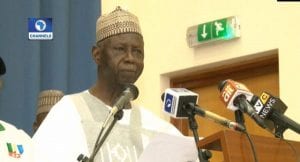
This followed presentation of report by Chairman, Senate Committee on Special Duties, Sen. Abdul Aziz Nyako on confirmation of nominations into the board of the commission.
The other nominees are Musa Yashi, Executive Director Humanitarian Affairs; Muhammed Jawa, Executive Director Administration and Finance; Omar Mohammed, Executive Director Operations.
Others are David Kente, member representing North East Zone; Asmau Mohammed, member representing North West Zone; Benjamin Adanyi, member representing North Central Zone, Olawale Oshun, member representing South West Zone; Dr. T. Ekechi member representing South East; and Obasuke McDonald, member representing South South.
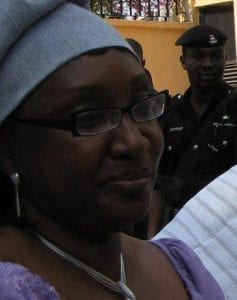
President Muhammadu Buhari signed into law, the establishment of the North East Development Commission (NEDC) in October 2017. The NEDC’s mission is to lead the reconstruction and development of Nigeria’s northeast. It is likely to consolidate and replace other initiatives such as the Victims Support Fund (VSF), Presidential Initiative on the North East (PINE), and Presidential Committee on the North East Initiative (PCNI).
The funding of the Commission will come from various sources including the Federal Government of Nigeria, international bilateral donors, the African Development Bank, the World Bank, the UN, the European Union, USAID, UKAID/DFID, as well as local donors.









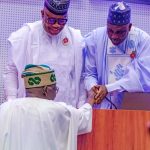





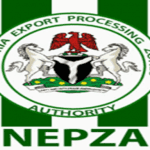


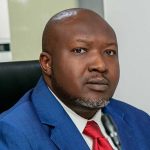




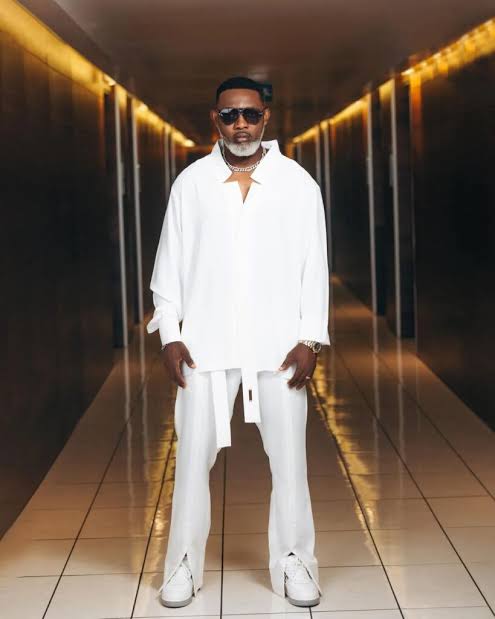
Leave a comment